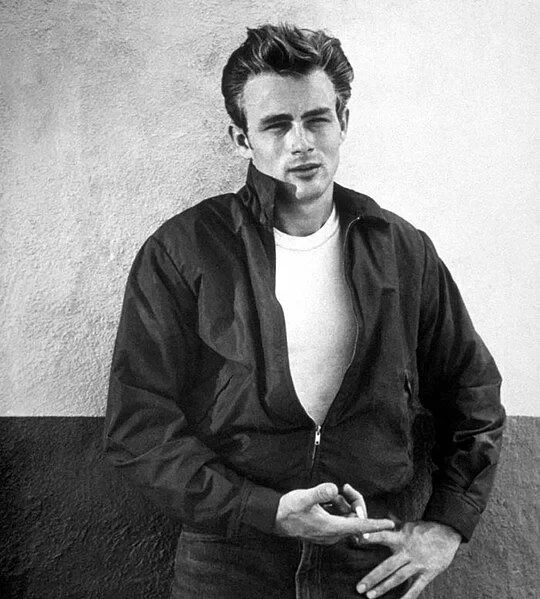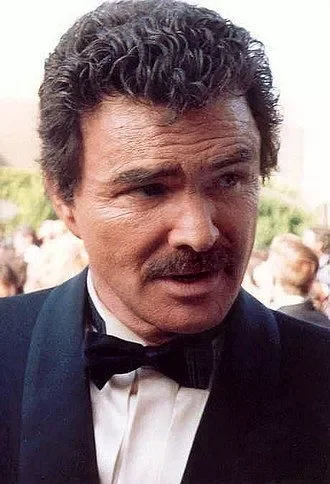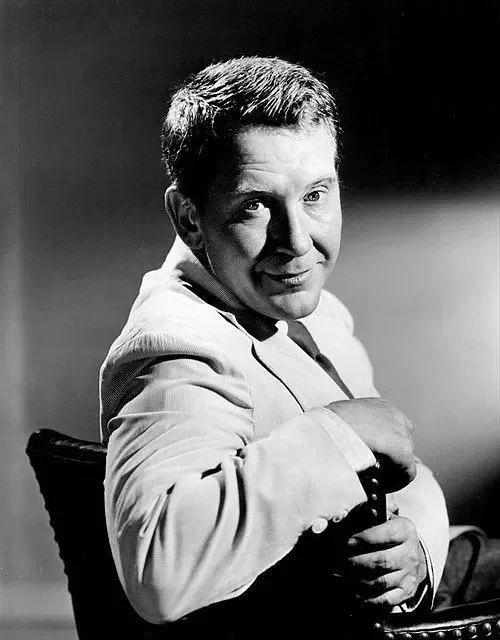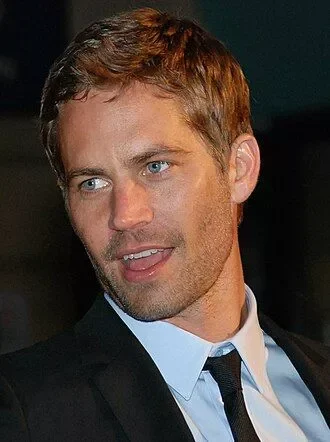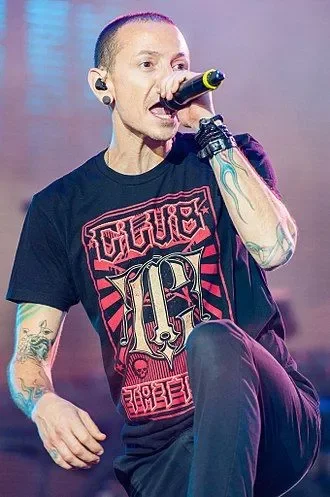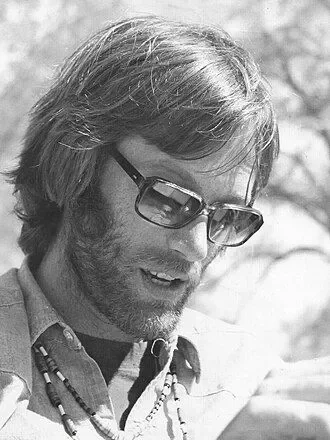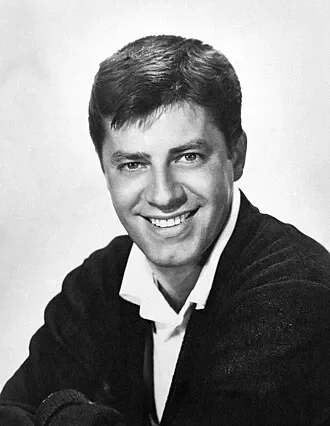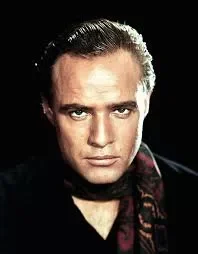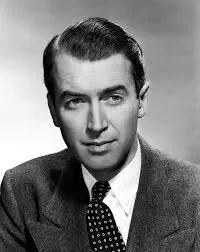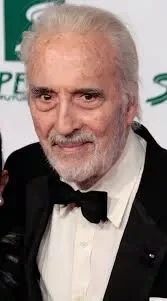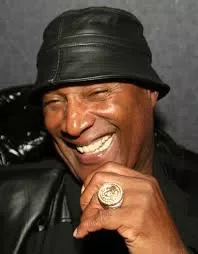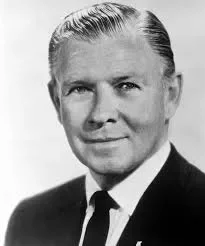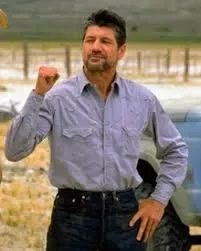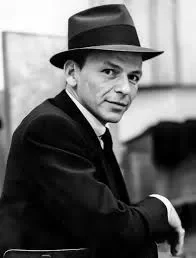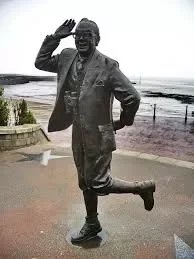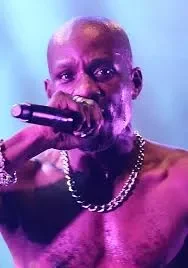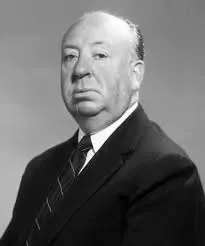Real Celebrities Never Die!
OR
Search For Past Celebrities Whose Birthday You Share
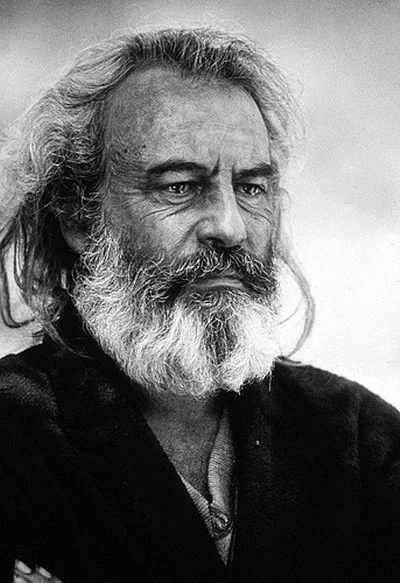
notrecinema.com
Emilio Echevarría
Birthday:
03 Jul, 1944
Date of Death:
04 Jan, 2025
Cause of death:
Undisclosed
Nationality:
Mexican
Famous As:
Actor
Age at the time of death:
80
Emilio Antonio Echevarría Noriega's Quote's
Emilio Echevarría is not your typical movie star. He didn’t burst onto the scene in a blaze of youth or chase Hollywood fame. Instead, he arrived quietly, seasoned by life, grounded in experience, and armed with a soul-deep intensity that made him unforgettable. For most, his breakout role came in Amores Perros (2000), where he played El Chivo, a former guerrilla turned hitman, with a performance so haunting and layered that it seared itself into the consciousness of world cinema. But behind that role was a man whose life had taken many unexpected turns before he ever stepped in front of a camera.
Early Life: Raised by Shadows and Revolution
Born on June 3, 1944, in Mexico City, Emilio Echevarría grew up in a post-revolutionary Mexico still wrestling with identity and inequality. His childhood was one of quiet resilience, shaped by the political undercurrents of the time and the artistic hum of a country alive with culture and contradiction. His father, a civil servant, and his mother, a schoolteacher, encouraged education and discipline, but the streets of Mexico City offered their own curriculum, which was one of grit, survival, and keen observation.
From an early age, Echevarría was drawn to people on the margins; the outcasts, the forgotten. He listened more than he spoke. He noticed details others missed. These weren’t just traits of a future actor; they were tools of a humanist, someone deeply tuned into the human condition.
Education: A Late Bloomer in the Arts
Unlike many of his peers in the acting world, Emilio didn’t train in prestigious academies from a young age. His entry into the arts was deliberate and late. He initially pursued philosophy and psychology, fields that would quietly feed his acting in profound ways. It wasn’t until his early 30s that he began studying acting formally at the Instituto Nacional de Bellas Artes (INBA). By then, he had already lived a full life. His performances would not be built on technique alone, but on lived truth.
Interestingly, he also worked as a drama teacher and stage director long before he was widely recognised as an actor. For years, he was known more as an intellectual force in Mexico’s theatre scene than a screen presence. This behind-the-scenes apprenticeship laid the groundwork for the complex characters he would later inhabit.
Career Journey: The Actor Who Waited
The Early Years: Stage over Screen
In his 30s and 40s, Emilio was a stalwart of Mexican theatre. He directed dozens of plays, many with political undertones, and championed experimental productions that often challenged the establishment. He was more concerned with the message than fame, and preferred the intimate honesty of the stage to the spectacle of film.
His Breakthrough: “Amores Perros” (2000)
Then came Amores Perros. Alejandro González Iñárritu, a then-rising director, cast Emilio as El Chivo—a role that demanded a raw, aching realism. Echevarría delivered a performance that was equal parts broken, brutal, and redemptive. In a film defined by interwoven narratives of love and violence, it was El Chivo’s arc that lingered: a man tormented by past ideologies and present regrets, seeking redemption in a world that had moved on without him.
Critics were stunned. Audiences wanted more. And Echevarría, at 56, became an international name virtually overnight.
Hollywood and Beyond
The success of Amores Perros opened doors. He went on to appear in Y Tu Mamá También (2001), and then took on the role of Raúl Castro in Steven Soderbergh’s Che (2008), delivering a nuanced portrait of the revolutionary figure. In Babel (2006), he reunited with Iñárritu, again offering a quietly powerful performance.
Despite these high-profile roles, Emilio never sought the limelight. He turned down several commercial projects, preferring roles with emotional or political weight. He also remained deeply connected to Mexico’s theatre world, directing and mentoring young actors well into his seventies.
Personal Life: The Philosopher Behind the Roles
Away from the spotlight, Emilio is known as a private, thoughtful man. He’s a lover of poetry, particularly Octavio Paz, and once confessed in an interview that he sometimes reads aloud to stray dogs he feeds near his home in Mexico City. He has a son, but no confirmation on his marital status, as his life was deeply private. He often jokes that his characters are his descendants. His modest apartment is filled with books, not trophies.
A lifelong learner, he reportedly speaks French fluently and studied Marxist theory in his youth, not as dogma, but as a lens through which to understand inequality and power. This philosophical grounding is evident in his work: every line he delivers seems to carry an invisible weight.
Legacy: A Voice for the Invisible
Emilio Echevarría didn’t chase fame; it found him. And when it did, he used it not for vanity, but for visibility, shedding light on characters and stories that often go unheard. His portrayal of El Chivo remains one of the most iconic in Latin American cinema, often studied in acting classes for its raw, quiet devastation.
But his legacy is broader than one role. He broke the mould of the ageing actor, proving that a career doesn’t have to follow a linear path. He showed that empathy and intellect could be just as captivating on screen as youth and beauty. And he inspired a generation of Latin American artists to find their voice, however late, however unconventional.
In the end, Emilio Echevarría reminds us that it’s never too late to begin, never too late to be unforgettable.
Name:
Emilio Antonio Echevarría Noriega
Popular Name:
Emilio Echevarría
Gender:
Male
Cause of Death:
Undisclosed
Spouse:
Place of Birth:
Mexico City, Mexico
Place of Death:
Mexico City, Mexico
Occupation / Profession:
Personality Type
Logician INTP-A / INTP-T Innovative inventors with an unquenched thirst for knowledge. Emilio is a thoughtful, curious innovator, constantly exploring ideas and embracing new challenges in both his personal and professional life.
Despite being known for intense, brooding characters, Emilio has a dry sense of humour and once joked that stray dogs are his best audience.
Fluent in French, he once considered moving to Paris to pursue philosophy before acting took hold.
He’s an accomplished stage director and continued directing experimental theatre even after his film success.
Emilio Echevarría earned critical acclaim for his powerful portrayal of El Chivo in Amores Perros (2000), a role that helped propel Mexican cinema onto the global stage.
He also played prominent roles in Babel and Che, collaborating with Oscar-winning directors like Alejandro González Iñárritu and Steven Soderbergh.
His performance was praised internationally, earning him recognition from film festivals and critics alike.
Though he didn’t chase awards, his work has become essential viewing in film schools and retrospectives on Latin American cinema.

